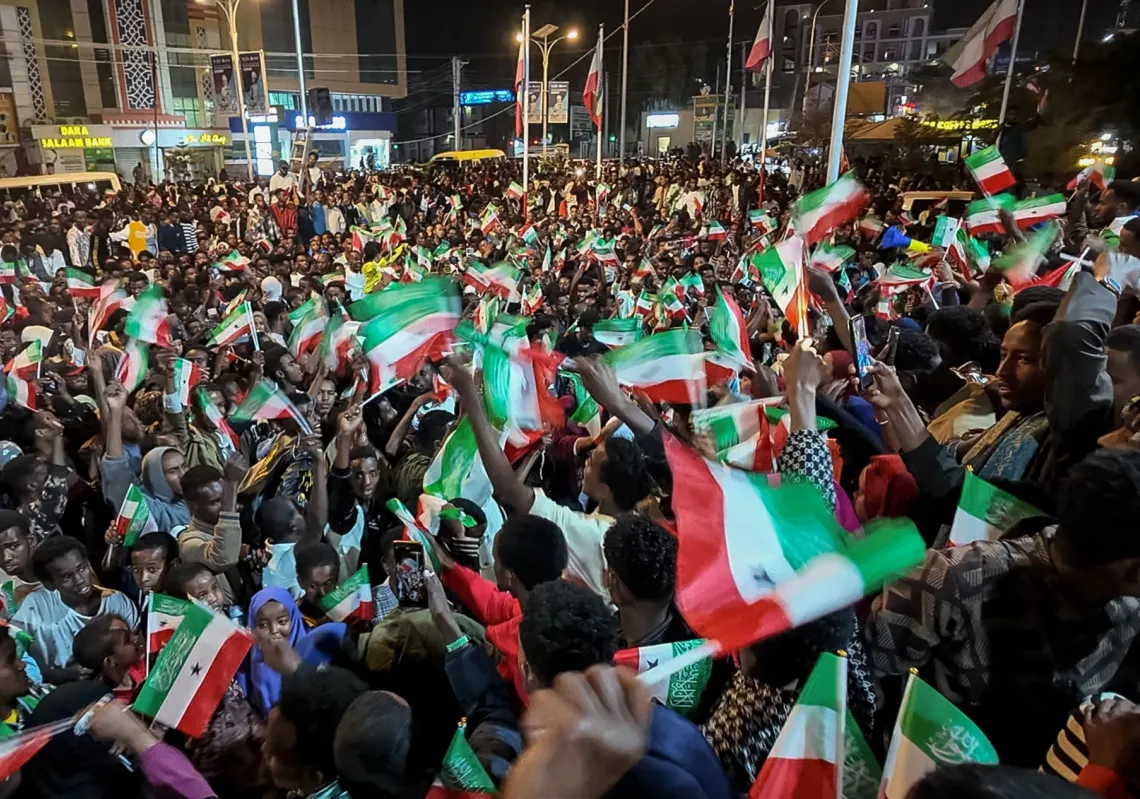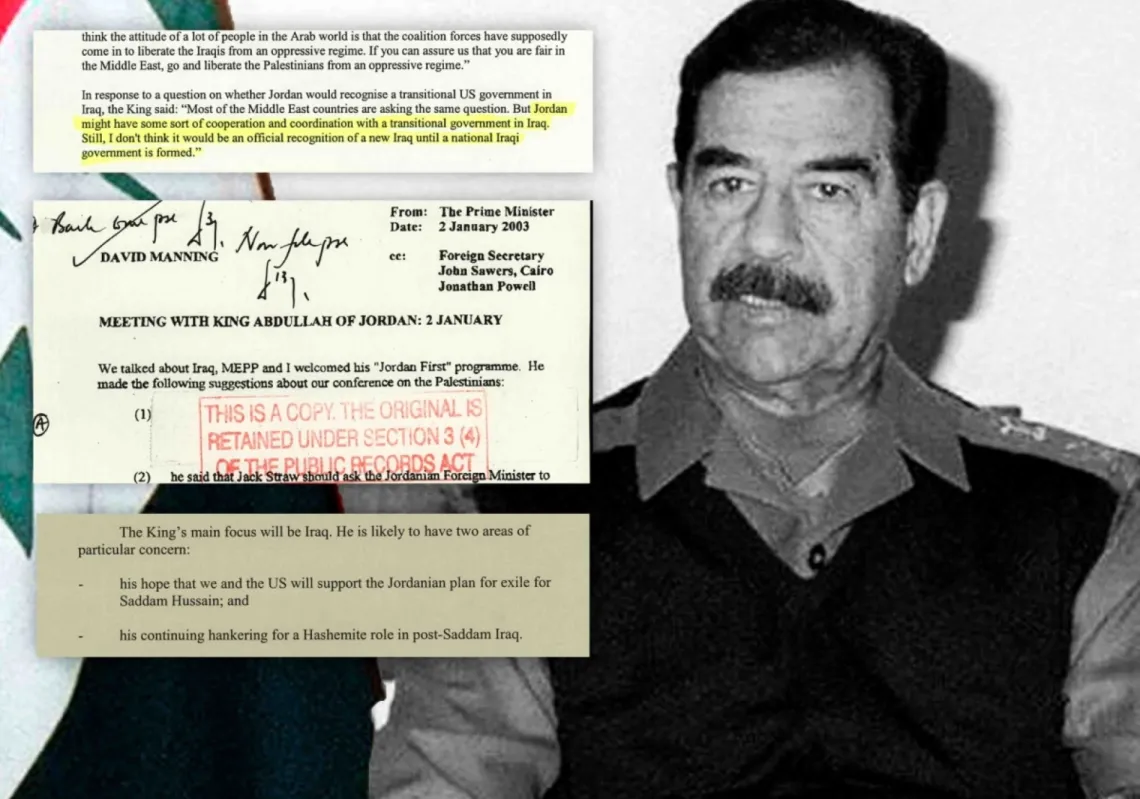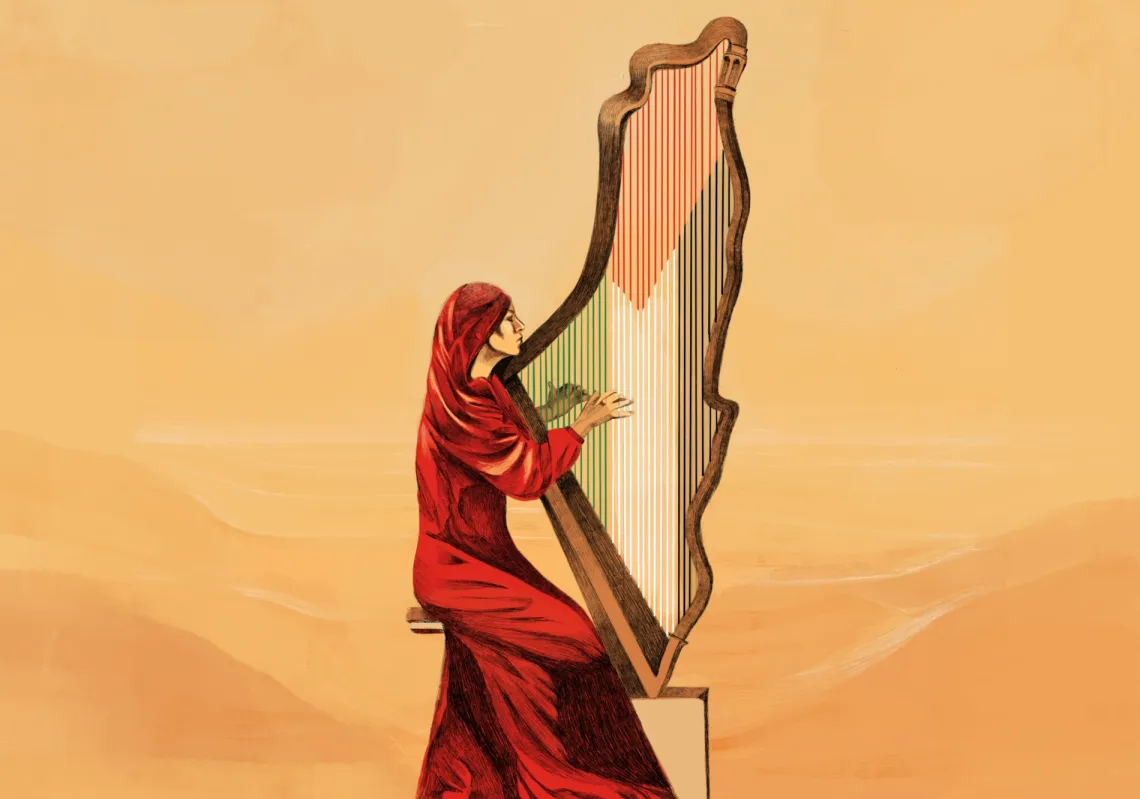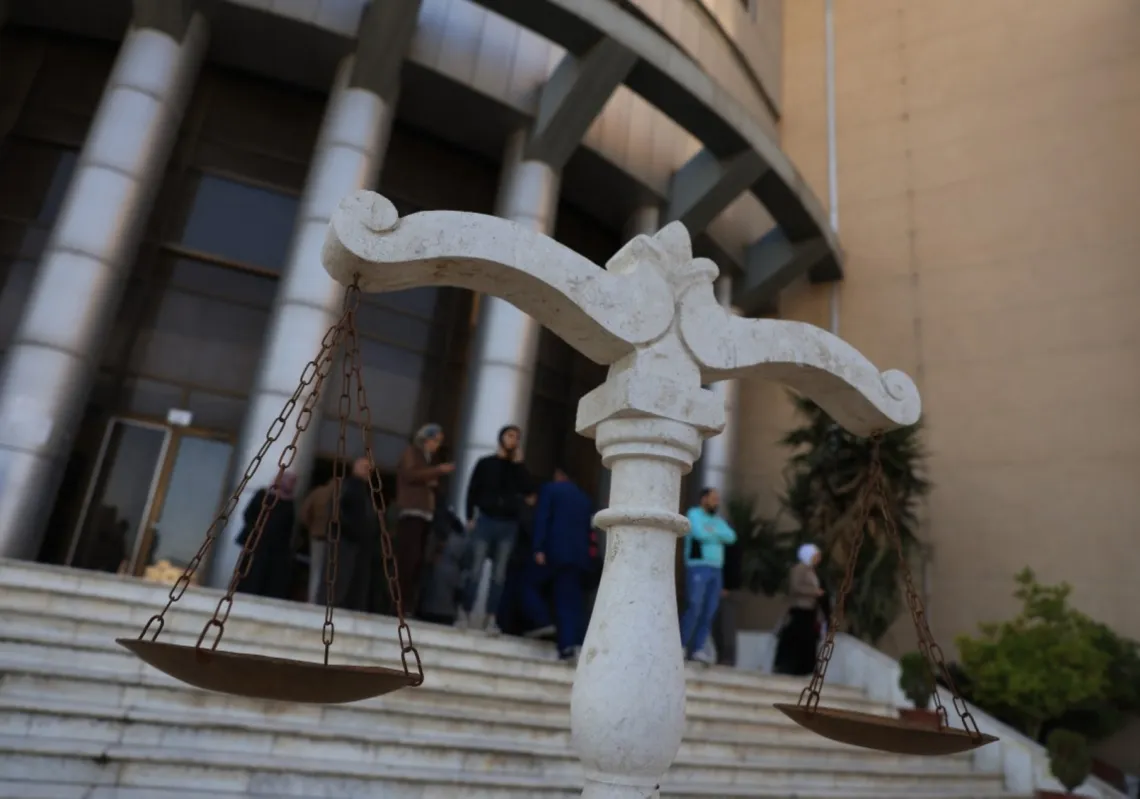 Protesters shout anti-government slogans during a demonstration in Ankara on June 26 2013. ADEM ALTAN/AFP/Getty Images[/caption]
Protesters shout anti-government slogans during a demonstration in Ankara on June 26 2013. ADEM ALTAN/AFP/Getty Images[/caption]
This week’s historic events in Egypt that witnessed the toppling of Mohamed Mursi, the nation's first democratically-elected president, have captured the attention of an international audience. It is easy to forget that less than a month ago Turkey was at the centre of the global stage, when a civilian sit-in over a redevelopment project planned for Istanbul’s Gezi Park was met with a heavy-handed government crackdown.
The slow burning frustrations of many Turkish citizens over their elected Prime Minister Tayyip Erdoğan’s increasingly autocratic style of rule were subsequently ignited, spiralling into mass street demonstrations, unprecedented in Turkey’s recent history. Now, the protests have petered out, but who was ultimately victorious, Erdoğan or the demonstrators?
It seems at first glance that Turkey’s prime minister came out on top. Gezi Park and Taksim Square were cleared without any concessions being made to the protesters. Moreover, so far it seems the events have done little to provoke disunity within Erdoğan’s Justice and Development Party (AKP). The restrictions on alcohol sales remain and Erdoğan continues to ignore the vast majority of demands made by his opponents.
Yet the protesters of Turkey’s squares have won a more resounding, if more subtle, victory. The restrictions that the AKP has placed on personal liberties have been taking place since they first took power in 2002. For a long time Turkish frustrations over this encroachment went largely unnoticed to outsiders, while Erdoğan presented a democratic and liberal front to the EU and his other allies. At the very least, the protests managed to taint his reputation, if not shatter an illusion.
The seed of the so-called Gezi Spirit has been sown, nurturing a renewed political confidence that is bringing incremental changes to Turkish society. Civil society has been invigorated as various groups continue to meet together to resist and debate in public spaces. The demonstrations also succeeded in bringing together an array of people from different social, economic and ethnic groups, and uniting them behind a shared cause. Although the underlying grievances remain, the original demands of the protesters in Gezi Park have now been met . It was recently announced that a Turkish court has scrapped the redevelopment plan for Gezi and Taksim.
Although Turkey’s protests appear to have quietened, Erdoğan needs to rethink his policies and leadership style if he is to avoid future civil unrest . Elected leadership is not an unconditional mandate, societal consensus remains key. You only need to look at Mursi to see what happens when you ignore popular opinion for too long.









